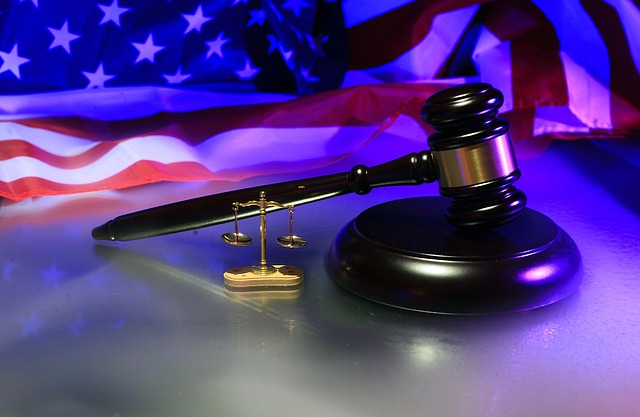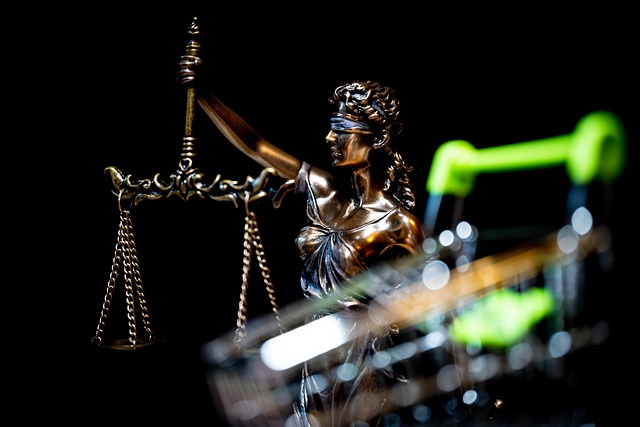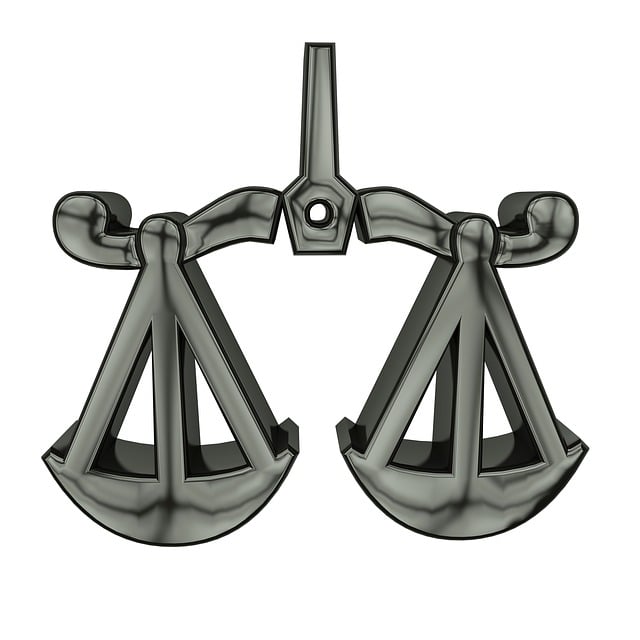The RF Securities Industry Regulation framework emphasizes fairness and transparency through strict guidelines for brokers, traders, and firms. In financial trials, witness credibility is a pivotal factor, especially for attorneys challenging testimonies to ensure justice. Strategic preparation and cross-examination are vital tools to expose inconsistencies, biases, and conflicts of interest, potentially favoring the defense in high-stakes cases. Understanding witness psychology and meticulously scrutinizing backgrounds can dramatically impact trial outcomes, as demonstrated by successful white collar defense tactics in fraud cases.
“Explore the intricate world of RF Securities Industry Regulation and its legal framework in this comprehensive guide. Understanding the nuances of witness credibility is pivotal in financial trials, as it significantly influences outcomes. Learn effective strategies to challenge and contest testimony, a crucial aspect of securities litigation. From analyzing case studies to mastering expert tactics, this article equips readers with insights on how to navigate complex legal battles, ensuring fair and just resolutions.”
- Understanding RF Securities Industry Regulation: A Legal Framework
- The Role of Witness Credibility in Financial Trials
- Strategies to Challenge and Contest Witness Testimony
- Case Studies: Successful Challenges in Securities Litigation
Understanding RF Securities Industry Regulation: A Legal Framework
The RF Securities Industry Regulation is a complex legal framework designed to ensure fairness and transparency in financial markets. This intricate system encompasses various laws and regulations that govern the behavior of market participants, including brokers, traders, and investment firms. At its core, this regulation aims to protect investors by establishing guidelines for ethical conduct, disclosure requirements, and dispute resolution mechanisms. By implementing these measures, the industry is held accountable for maintaining high standards, ensuring a level playing field for all stakeholders.
One critical aspect within this framework is the scrutiny of witness credibility during trials. As strategies to contest witness statements evolve, legal professionals must stay abreast of developments. Achieving extraordinary results for their clients across the country often hinges on these skills. By employing sophisticated techniques, attorneys can challenge the reliability and validity of witness testimonies, potentially altering the course of legal proceedings. This requires a deep understanding of not only legal principles but also the ability to navigate complex evidence rules and present compelling counter-arguments.
The Role of Witness Credibility in Financial Trials
In financial trials, witness credibility plays a pivotal role in determining the outcome of cases involving RF securities industry regulation. The reliability and believability of witnesses can significantly impact the jury’s perception of the facts presented. Therefore, it is crucial for legal professionals to employ robust strategies when contesting witness credibility. These strategies are essential to challenge the veracity of testimonies, especially in complex financial matters where intricate transactions and relationships may be at play.
Effective approaches to contest witness credibility include thorough cross-examination, highlighting inconsistencies or contradictions in prior statements, and presenting evidence that may undermine the witness’s motivation or bias. By delving into the witness’s respective business and personal affiliations, including their interactions with philanthropic and political communities, attorneys can uncover potential influences or conflicts of interest. Such tactics are instrumental at all stages of the investigative and enforcement process, ensuring a fair assessment of the facts by revealing any undisclosed relationships that may impact the witness’s objectivity.
Strategies to Challenge and Contest Witness Testimony
In high-stakes cases, particularly those involving RF securities industry regulation, challenging and contesting witness testimony is a strategic move to ensure a fair trial. The first step involves meticulous preparation by thoroughly examining the witness’s background, including their unprecedented track record as a witness in similar trials. Cross-examination plays a pivotal role here; questioning their consistency, memory, and motives can significantly undermine their credibility.
Lawyers can also employ tactics such as highlighting any biases or conflicts of interest, introducing contradictory statements, and presenting evidence that casts doubt on the witness’s perception or interpretation of events. The ultimate goal is to achieve a complete dismissal of all charges by questioning the reliability and veracity of the testimony, which is especially crucial in cases with substantial financial implications.
Case Studies: Successful Challenges in Securities Litigation
In the realm of securities litigation, successful challenges to witness credibility can significantly sway outcomes. White collar defense attorneys have employed various strategies to undermine witness testimonies, especially in complex financial cases. One notable approach involves meticulous examination of a witness’s background and prior statements, uncovering inconsistencies or motives that may impact their reliability. This tactic, when executed effectively, can cast doubt on the veracity of key testimonies, potentially leading to more favorable verdicts for the defense.
Case studies across the country reveal compelling instances where these strategies proved instrumental. For instance, in high-profile cases involving alleged fraud, attorneys successfully challenged witnesses by questioning their familiarity with company operations and financial records. By revealing gaps in knowledge or selective memory, they undermined the integrity of the testimony. Such tactics demonstrate the importance of comprehensive all stages of the investigative and enforcement process preparation and a deep understanding of witness psychology in securing favorable outcomes for clients involved in securities litigation.
In conclusion, navigating the RF securities industry requires a robust understanding of regulation and effective strategies to contest witness credibility in trials. As seen through various case studies, challenging testimony can significantly impact outcomes in securities litigation. By employing strategic tactics outlined in this article—from evaluating witness bias to using prior inconsistent statements—legal professionals can strengthen their defenses and ensure fair representations. Understanding the legal framework and staying adept at questioning witnesses are key to success in this dynamic industry.






